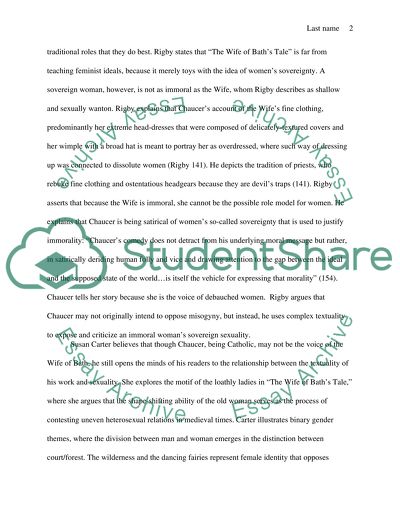Cite this document
(“Choose from four topics Term Paper Example | Topics and Well Written Essays - 1250 words”, n.d.)
Retrieved from https://studentshare.org/literature/1466930-choose-from-four-topics
Retrieved from https://studentshare.org/literature/1466930-choose-from-four-topics
(Choose from Four Topics Term Paper Example | Topics and Well Written Essays - 1250 Words)
https://studentshare.org/literature/1466930-choose-from-four-topics.
https://studentshare.org/literature/1466930-choose-from-four-topics.
“Choose from Four Topics Term Paper Example | Topics and Well Written Essays - 1250 Words”, n.d. https://studentshare.org/literature/1466930-choose-from-four-topics.


